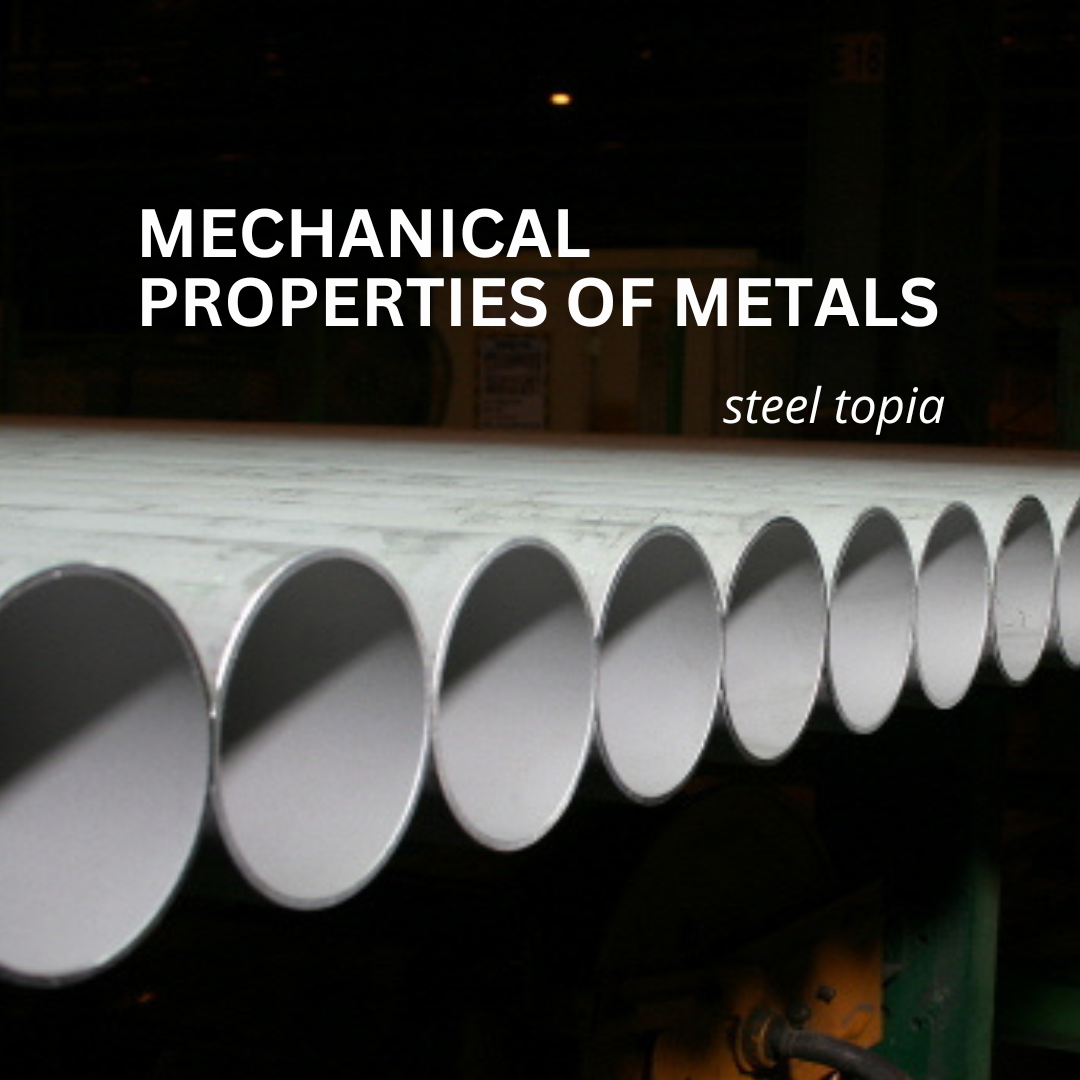-
About
-
Our Brand
-
Products
-
Community
Community
Blog
Blog
Mechanical Properties of Metals
- Writer
- STEELTOPIA
- Date
- 23-11-07

Elongation (EL):
Elongation refers to the rate at which an object stretches. It is a test parameter for evaluating the ductility and workability of materials.
Tensile Strength (TS):
Also known as tensile strength, it is a value that represents the mechanical strength of a material. When force is applied to an object from both ends and it stretches until it ultimately fractures, the highest force applied before fracture is called tensile strength.
Yield Strength (YS):
Yield strength is the maximum force that an object can withstand while being pulled from both ends before it returns to its original size. If it is subjected to a force greater than a certain threshold, it will not return to its original size but elongate further. Lower yield strength tends to result in lower tensile strength and higher elongation.
Hardness (HRB):
Hardness measures the resistance of a material to deformation when another object is pressed against it.
Strength:
Strength represents the resistance of a material to deformation until it is damaged when subjected to a load. It includes tensile strength, compressive strength, bending strength, and shear strength, among others.
Toughness:
Toughness is the property of a material to stretch and spread well when subjected to plastic deformation. It refers to the amount of work required for a material to fracture, and it doesn't easily fracture even when exceeding the elastic limit.
Brittleness:
Brittleness refers to the property of a material to break easily with minimal deformation when subjected to force.
Elasticity:
Elasticity is the property of an object to return to its original state when external forces causing deformation are removed.


 HOME
HOME